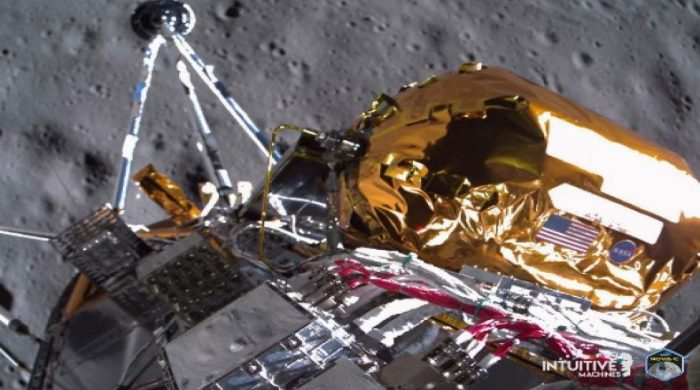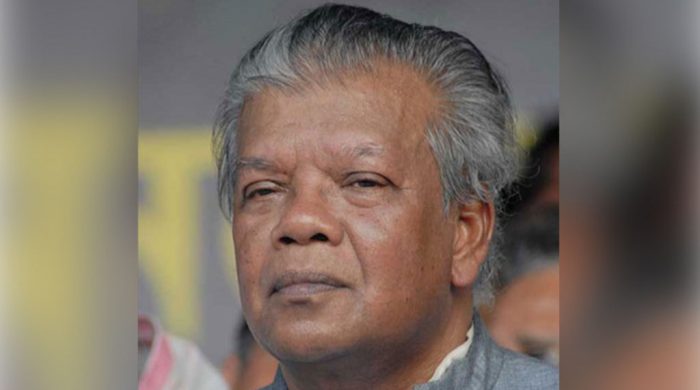Japan’s Moon lander put to sleep after surviving lunar night

- Update Time : Saturday, March 2, 2024
- 51 Time View

Japan’s Moon lander has been put back to sleep after it surprisingly survived the freezing, two-week lunar night, the country’s space agency said, with another operation attempt scheduled for later this month.
The unmanned Smart Lander for Investigating Moon touched down in January at a wonky angle that left its solar panels facing the wrong way.
As the sun’s angle shifted, it came back to life for two days and carried out scientific observations of a crater with a high-spec camera.
This week, the SLIM probe, which was “not designed for the harsh lunar nights,” when the temperature plunges to minus 133 degrees, produced another surprise by waking up after two weeks.
“SLIM has gone to sleep again as the sun set after 3 am (Japan Time) on March 1,” the Japan Aerospace Exploration Agency (JAXA) said on X, formerly Twitter, on Friday, alongside an image of the rocky lunar surface captured by the probe.
“Although the likelihood of failure will increase due to the severe temperature cycles, we will attempt SLIM operation again when the sunlight comes back in late March,” JAXA said.
The announcement comes after the uncrewed American lander Odysseus became the first private spaceship on the Moon.
The lander sent its final image on Thursday before its power banks depleted.
SLIM, dubbed the “Moon Sniper” for its precision landing technology, touched down within its target landing zone on January 20.
The feat was a win for Japan’s space programme after a string of recent failures, making the nation only the fifth to achieve a “soft landing” on the Moon, after the United States, the Soviet Union, China and India.
The aim of the mission is to examine a part of the Moon’s mantle — the usually deep inner layer beneath its crust — that is believed to be accessible.
NASA is planning to return astronauts to the Moon later this decade.
The US, along with international partners, wants to eventually develop long-term habitats in the region, harvesting polar ice for drinking water — and for rocket fuel for eventual onward voyages to Mars.

























